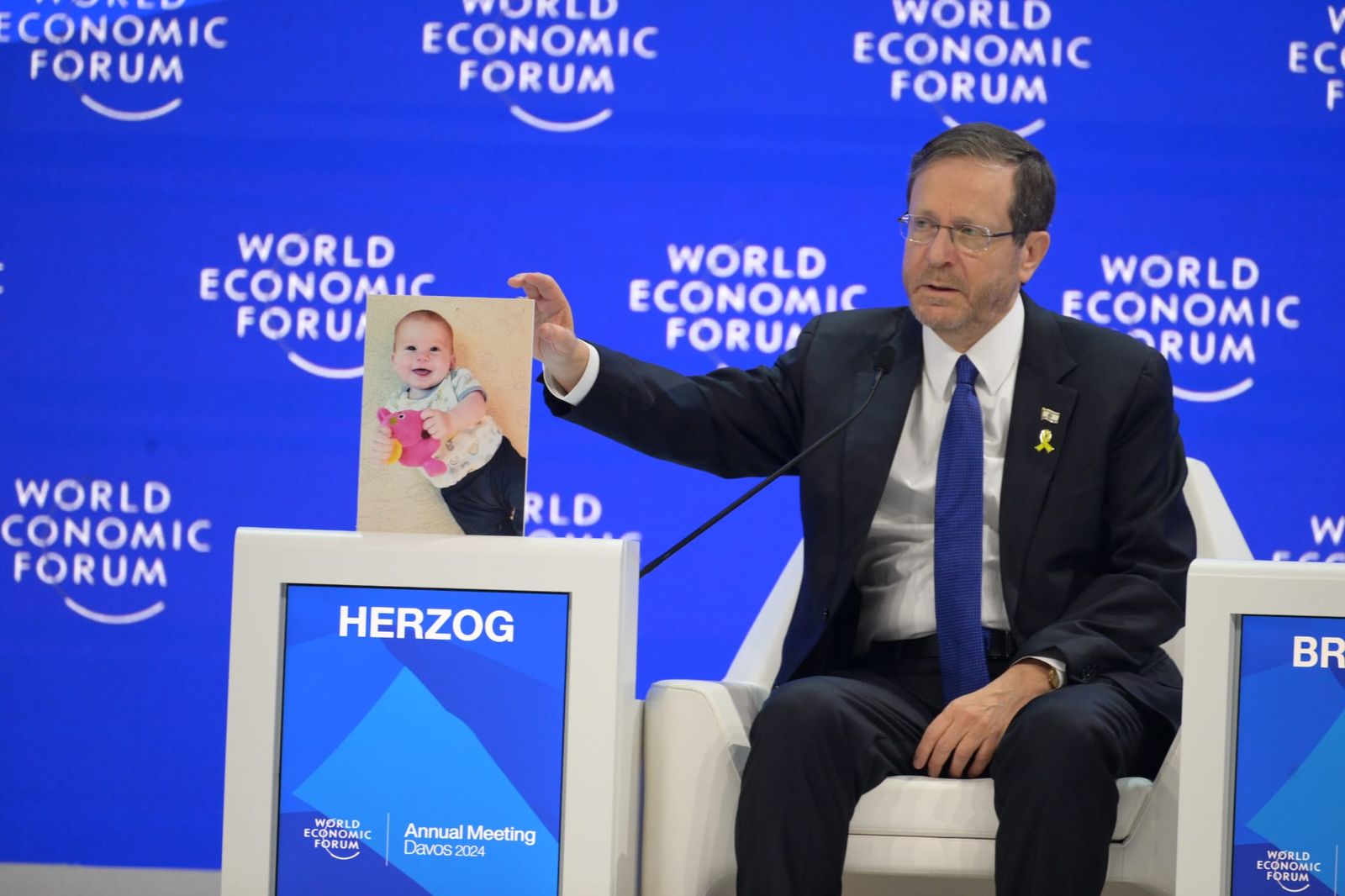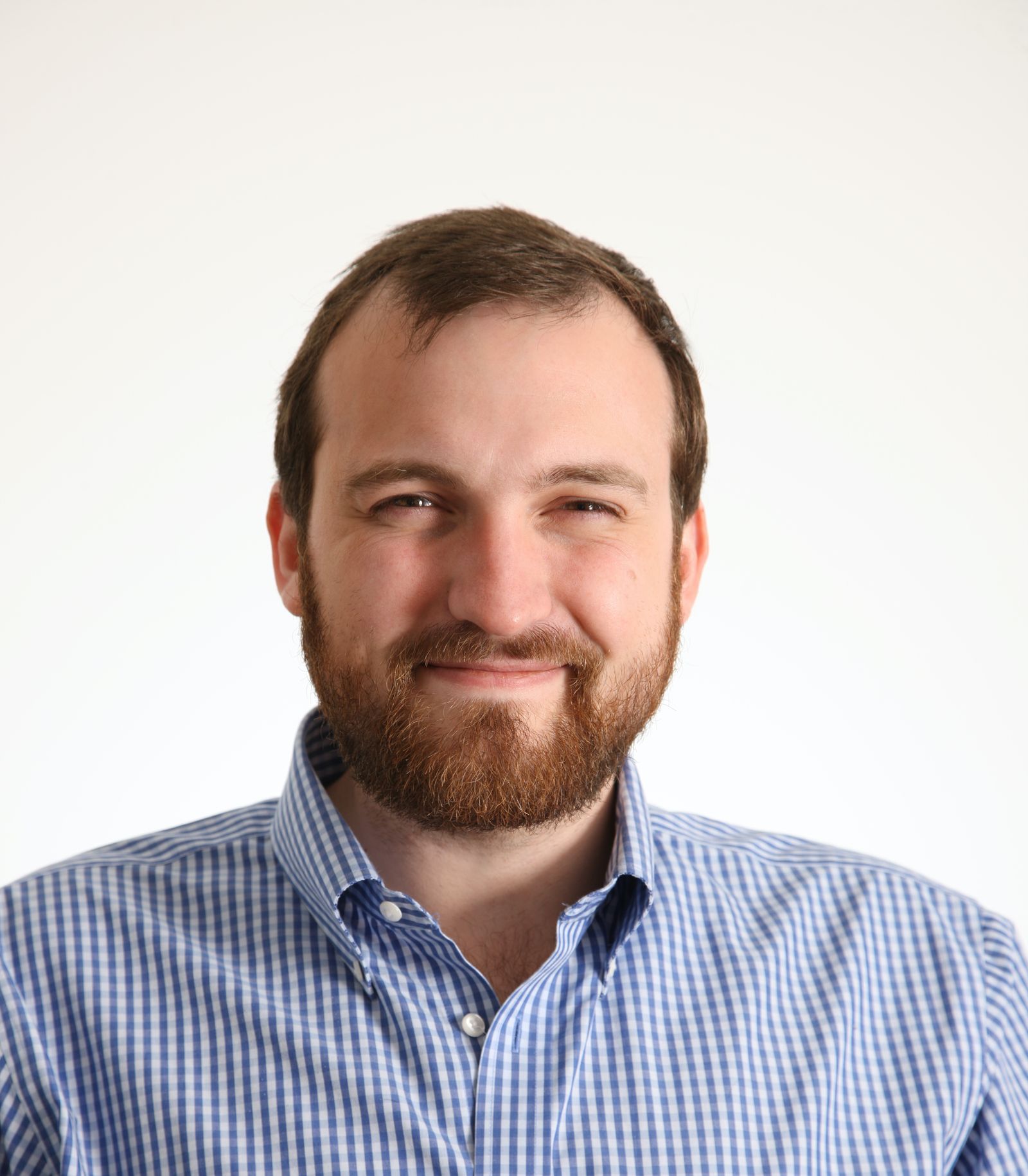Isaac Herzog is an Israeli politician who has served as the President of Israel since 2021. He was previously the Chairman of the Executive of The Jewish Agency from 2018 to 2021.
Can you share your perspective on the current state of relations between Israel and the Jewish diaspora?
I’ve been working on this throughout my adult life. There was a growing disparity. As chairman of the Jewish Agency, the world’s biggest Jewish organization, I used to call it Jerusalem and Babylon. Jerusalem is Israel and the US Jewish community of several million is Babylon. They need to correspond, like there is the Babylonian Talmud and the Jerusalem Talmud. And, all of a sudden, progressive Jewish students on campus began to suffer because they were Jewish. I think this current state of affairs is an opportunity to bond and build further connections between Israel and world Jewry. In Israel, we are extremely impressed that so many world Jewish leaders, activists, communities, and congregations are coming to Israel and expressing solidarity.
What is the status of normalization with Saudi Arabia after the October 7 attack? Is there direct coordination between your respective governments?
On the eve of the 7th of October massacre, there was a clear chance of what one would call normalization or integration of Israel in the region. It is a major policy supported by the United States of America, which Israel welcomes. I personally welcome it wholeheartedly as part of the changes we are seeing in our region. The war following the massacre has put things on a slower trajectory. But, in the last two weeks, there has been a clear open discussion about [normalization] emanating from voices from Riyadh, offering to come back on track. We recently had a visit from Senator Lindsey Graham from South Carolina, a leading Republican senator, who is pursuing this openly and believes it is possible. I welcome it very much. I think that Saudi Arabia is such an important country in the region, and it would be a message that we must move towards peace.
How do you view the humanitarian situation in Gaza, and what steps can be taken to improve conditions for those living there? Can you provide an update on plans to bring aid into Gaza from countries like Cyprus or other sources besides Egypt?
Humanitarian aid to Gaza is a top priority for Israel. We are making a huge effort to alleviate the dire situation in Gaza, which was brought to bear by Hamas. We have found enormous amounts of ammunition in people’s homes. I don’t believe that any of your readers have missiles that can reach 200 kilometers or more in their living room or bedroom. I don’t believe they have copies of the worst types of books like Hitler’s Mein Kampf. Or, literature calling for children in summer camps to learn the values of jihadism. We have gone into Gaza and acted according to the rules of international humanitarian law. We’ve instructed citizens to go into safe zones and have enabled large supplies, thousands of tons a day, to enter Gaza through the UN operation. We’ve opened two main passages, through the Rafah crossing and now Kerem Shalom. We aim to reach 400 trucks a day. Unfortunately, there was only one day that they reached 315 [trucks]. It all has to do with the bureaucracy surrounding the UN operation and Egyptian infrastructure. They need to work together to bring more supplies in. Hamas has tried to kidnap and hijack lots of this aid, taking the food literally out of people’s mouths. It is a terrible situation that we are trying to help the United Nations resolve. There are many ideas about bringing further humanitarian aid to Gaza, like dropping supplies from Jordan from the air.
What is your stance on the International Court of Justice (ICJ) and the genocide accusations related to Israel? How do you plan to address these allegations, and to what extent does the ICJ have the power to enforce any actions or decisions?
We did! We presented a very strong case in the International Court of Justice. It’s all written there. You’ve seen it. Any decent human being who listens to the case will see it as a baseless, outrageous, and cruel claim. The International Convention against Genocide was established following the atrocities of the Holocaust by Jewish academics. Now it’s being used against the only nation-state of the Jewish people, which uses its right to defend itself under the exact rules of international law. We presented a beautiful case, and I sincerely hope the International Court of Justice will strike down the petition by South Africa. It’s also an opportunity to point out the hypocrisy of South Africa supporting this barbaric terror organization. Hamas is the new ISIS. They chop people’s heads off, burn children and families, and rape innocent civilians in the most cruel way possible.
You have a relationship with the Emir of Qatar, shaking his hand in Dubai for the COP28 Conference. How do you reconcile diplomatic engagements with Qatar with their harboring of internationally recognized terrorists in Doha?
I don’t have any relationship with him. I met him briefly when he came out of a meeting in Dubai. I hope that all the mediation succeeds.
College campuses have seen a rise in anti-Semitic and anti-Israel incidents. Is there a strategic plan in place to shift this narrative, and what specific measures are being considered? How do you react to prominent figures like Mark Rowan and Les Wexner withdrawing funding from elite universities over anti-Semitism claims?
I’m speaking as the President of the State of Israel, the only nation-state of the Jewish people in the world. Members of the Jewish community have contributed immensely in scholarly work to the great success of American academia. And yet, it seems there is a development in US academia. It’s sunk into an intellectual approach that is adverse to its own belief. Meaning, they’ve adopted cancel culture, woke culture, intersectionality, and DEI to encourage more diverse education. They have also started using it against members of the Jewish faith—people who have been persecuted throughout the ages. There is a brainwashing machine on US campuses that has occurred for over two decades, forgetting about Jihadism, forgetting about 9/11, and ignoring the facts on the ground. This is a huge challenge for America. I invite each and every one of your readers to come to Israel now, where we’re at war, and see for yourself where justice lies. What Israel is doing is actually protecting the values of the free world. Recently, I met with a group of academics from a very distinguished American university who expressed fearful sentiments as to their ability to speak their minds in the United States of America. It was shocking to me. I studied at an American university. I was very proud to do so. I always admired the spirit of American universities. And, all of a sudden, I find there’s a culture that shuts people up. I call upon all [university] presidents and faculty to bring about change.
Ohrenstein spoke with Herzog on January 14, 2024. This interview has been lightly edited for length and clarity.
The views expressed in this piece are the interviewee's own and are not reflective of the views of the HIR, its members, its subscribers, or its editorial staff.





